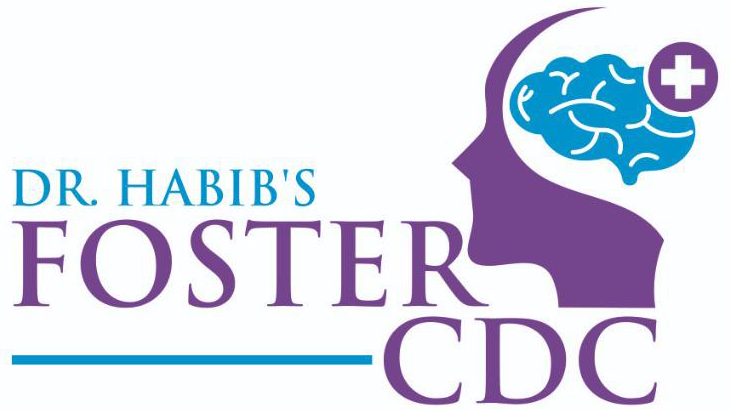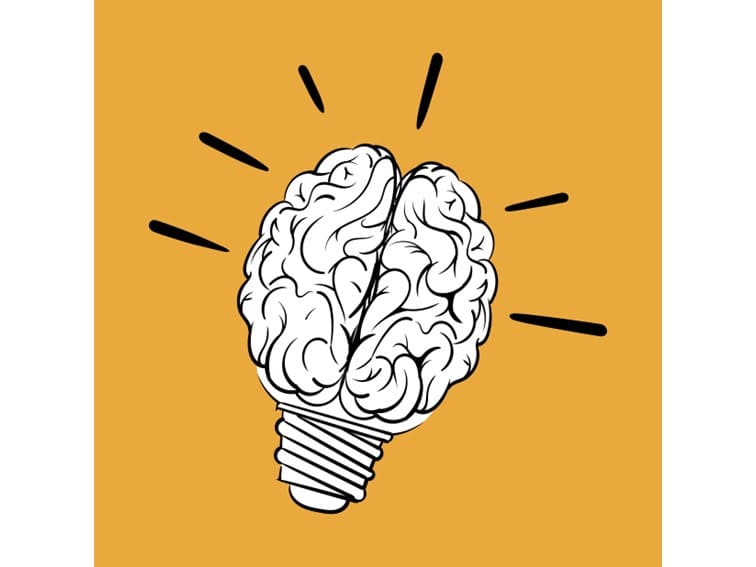Functional Neurological Symptom Disorder (FND)
It is also known as conversion disorder. This complex disorder is associated with neurological symptoms without any clear structural problems in the nervous system. Though an exact cause is not well understood, stress could be a major factor. Functional neurological symptom disorder (FND) can occur in children but is common in adults.
Are the symptoms different from other neurological problems?
Symptoms associated with FND often look similar to the symptoms of other neurological problems. A child who experiences the symptoms may not have control over them. The typical signs and symptoms of FND may include gait disorders, problems with speech, seizures, walking difficulty, pain on one side of the body, tingling sensation or numbness in hands, jerky movements, abnormal heartbeats, fainting, spasms or tremors, visions problems – double vision or loss of vision, paralysis or weakness in limbs.
How long do symptoms persist?
The symptoms, severity, frequency, and duration may differ. They may come or go or persist. Symptoms may vanish within a short time. In some cases, symptoms may persist for months or years and can hamper day-to-day activities. Some experts believe that symptoms can become as bad as those of Parkinson’s Disease or multiple sclerosis.
What causes the functional neurological symptom disorder?
According to one theory stress may contribute to the symptoms of this disorder due to internal conflict. When some children react to stress and they have an urge to react violently to any unpleasant situation, they may experience numbness in their legs or arms as a reaction to suppressing their urge. There are some cases wherein some children may develop the symptoms of FND in the absence of stress, anxiety or depression.
What could be the risk factors for FND?
The following factors may contribute to the development of FND:
A family history (a close relative with the FND)
Childhood trauma
Distressing life events
Personality disorders
Dissociative disorders
Diagnosis of FND
The diagnosis is a bit tricky as several other neurological conditions can mimic similar symptoms. Neurologists cannot even diagnose FND based on the negative results of other conditions. Therefore, for the apt diagnosis, there should be the involvement of a pediatric neurologist and a psychiatrist. In order to ensure an accurate diagnosis, a pediatric neurologist should rule out other neurological conditions and a psychiatrist should rule out other psychological causes. Neurologists perform comprehensive health assessments and physical examinations and conduct tests to check a child’s movements, balance, and reflexes. They may also recommend MRI scans and electroencephalograms. misdiagnosis occurs in around 5 to 10 percent of the cases.
Treatment
In some children, symptoms resolve on their own with proper support, care, and management under the supervision of a pediatric neurologist and psychologist. However, for children with recurrent symptoms, slowly responsive symptoms, and severe symptoms along with co-occurring psychological conditions, doctors recommend a combination of treatments such as medications, psychotherapy, physical therapy, and lifestyle changes.



